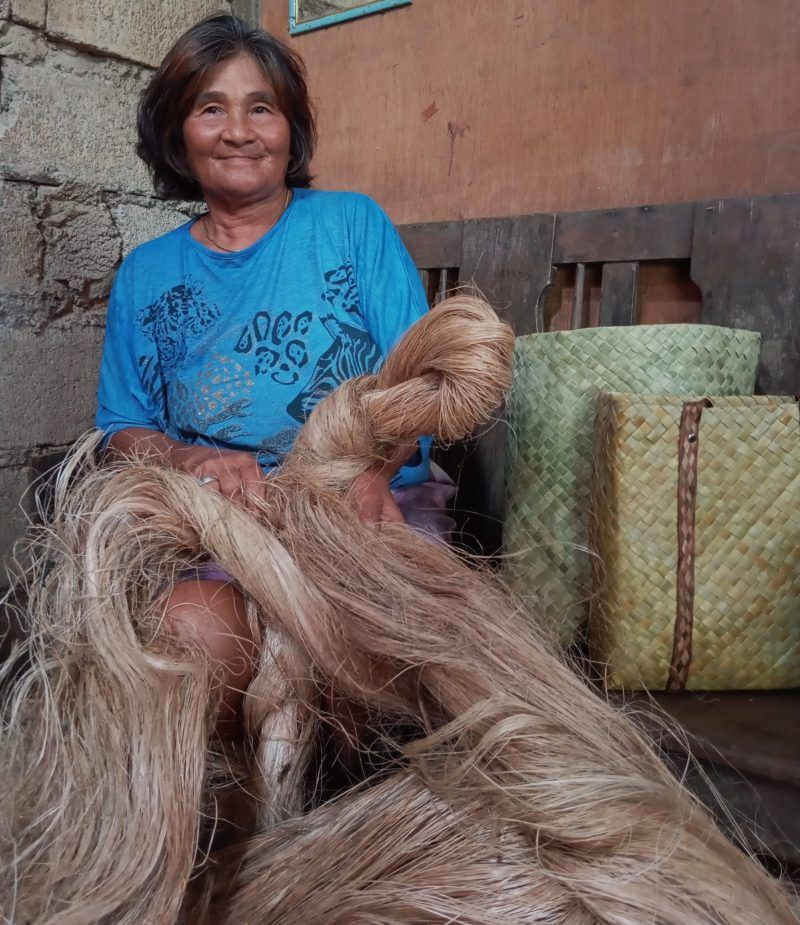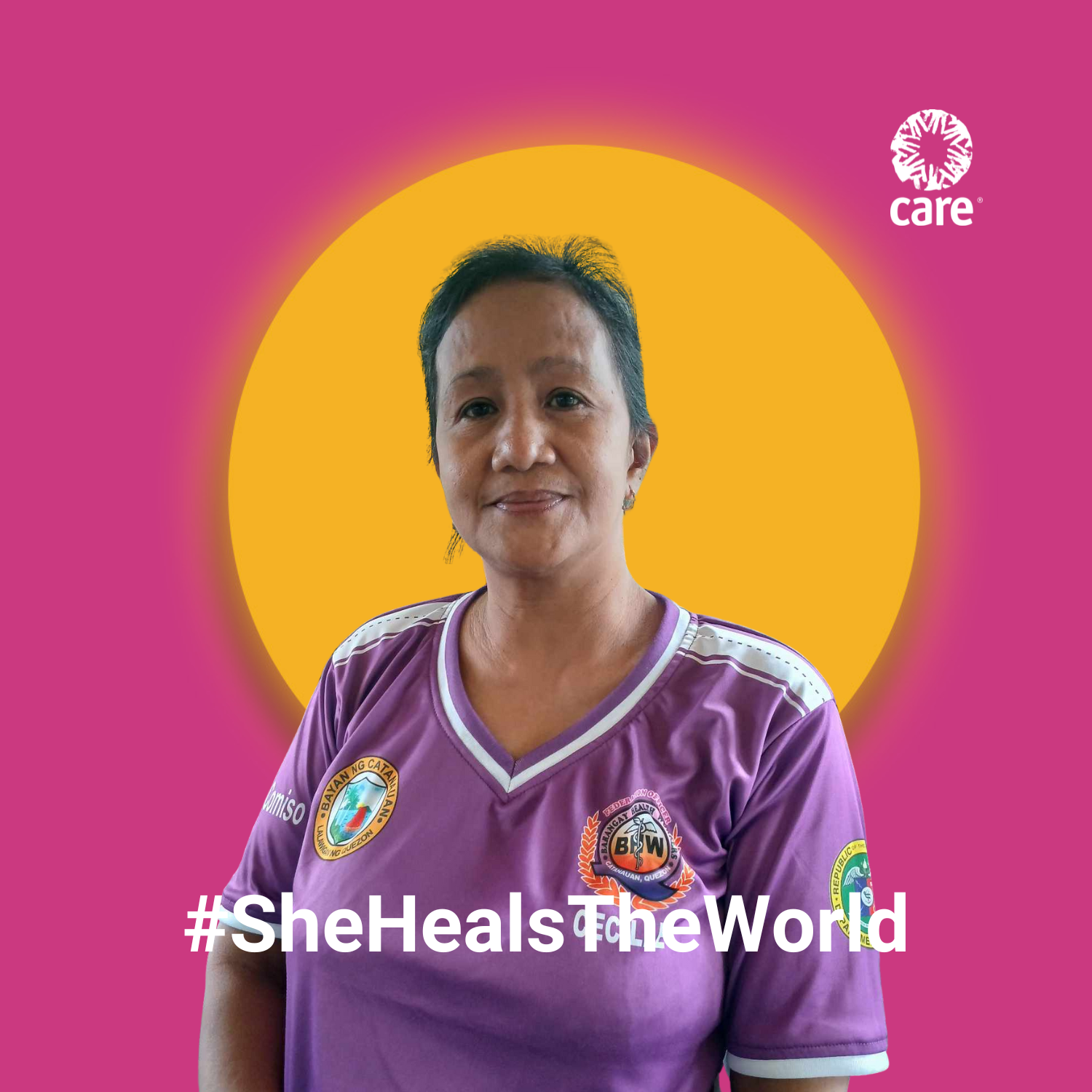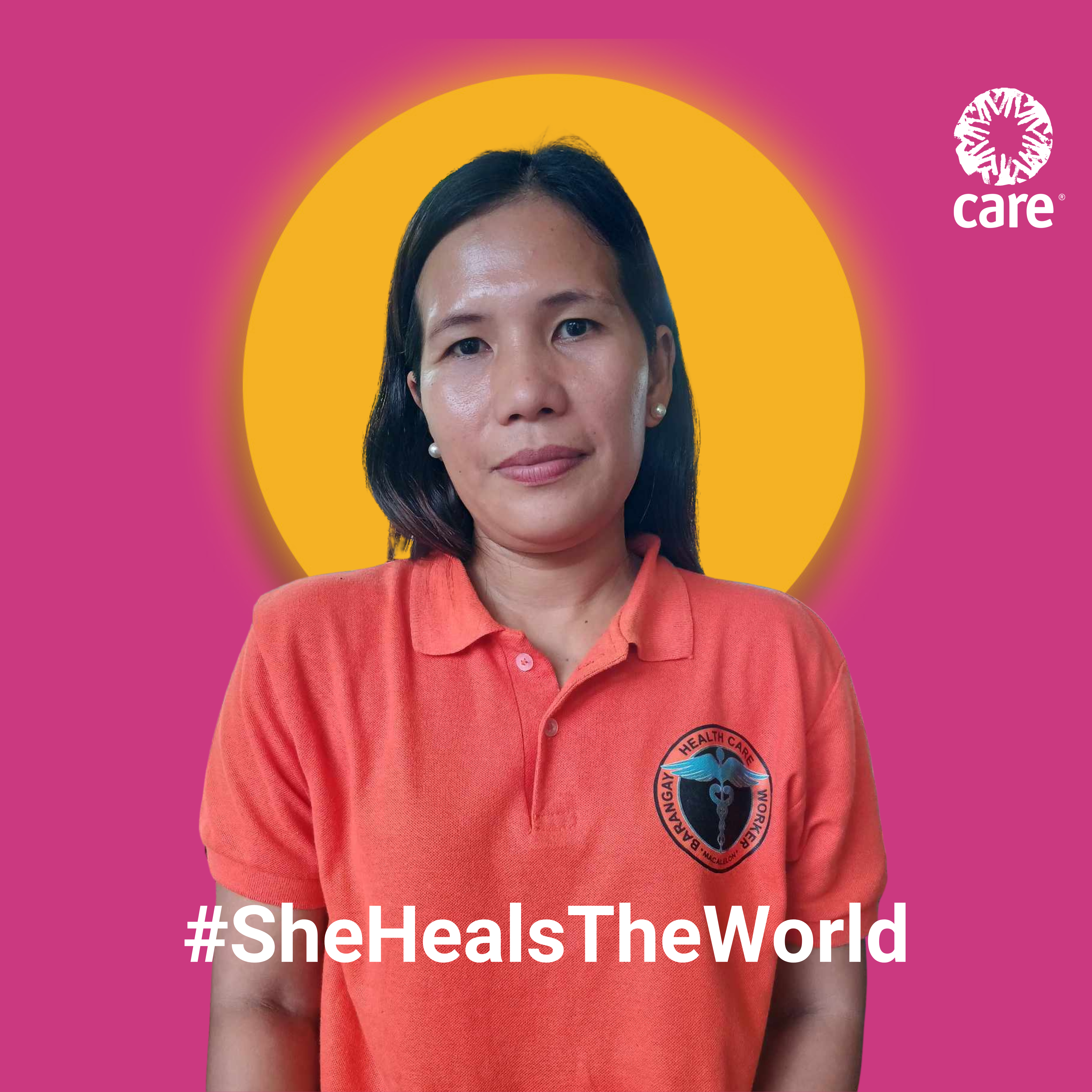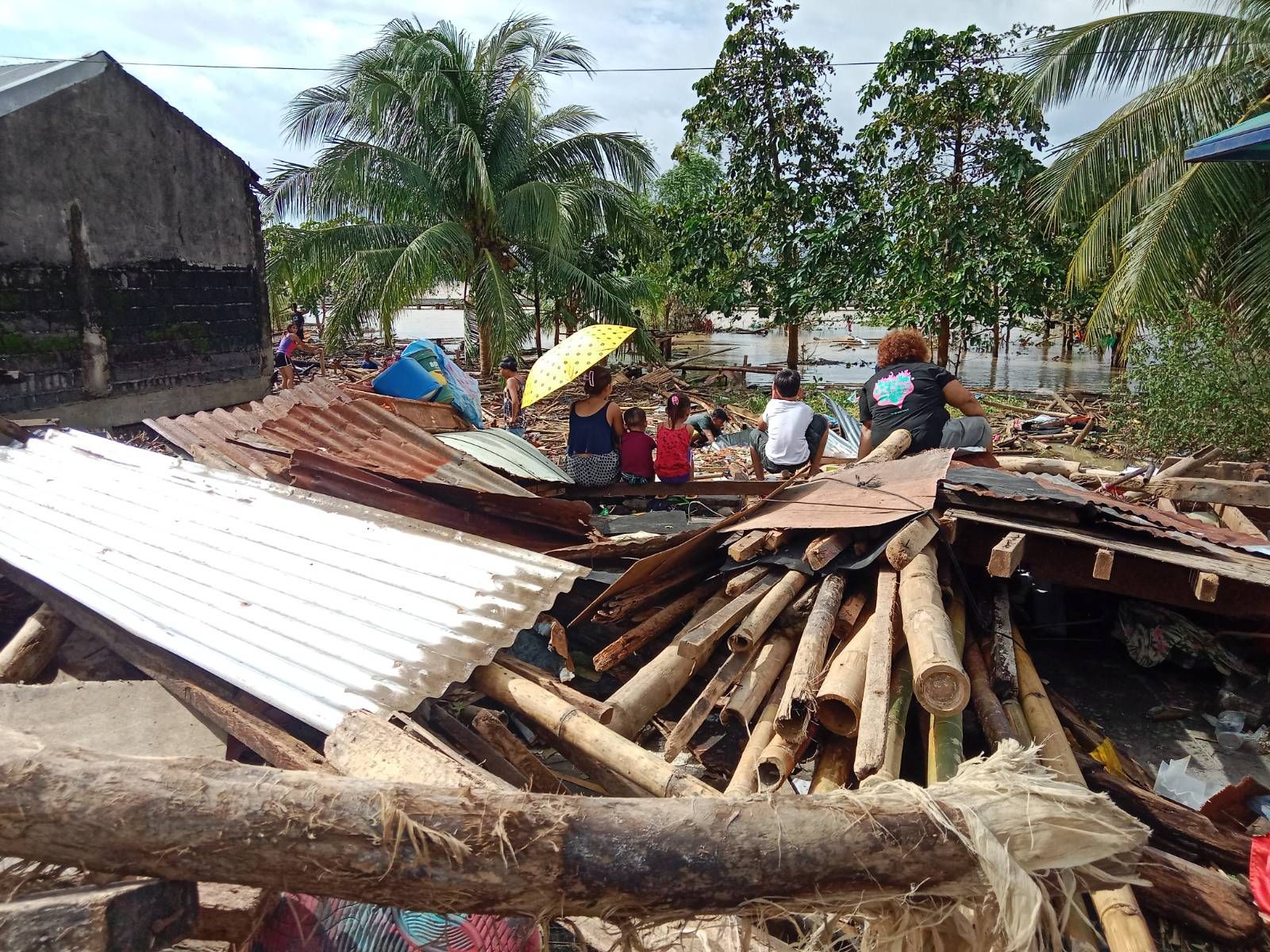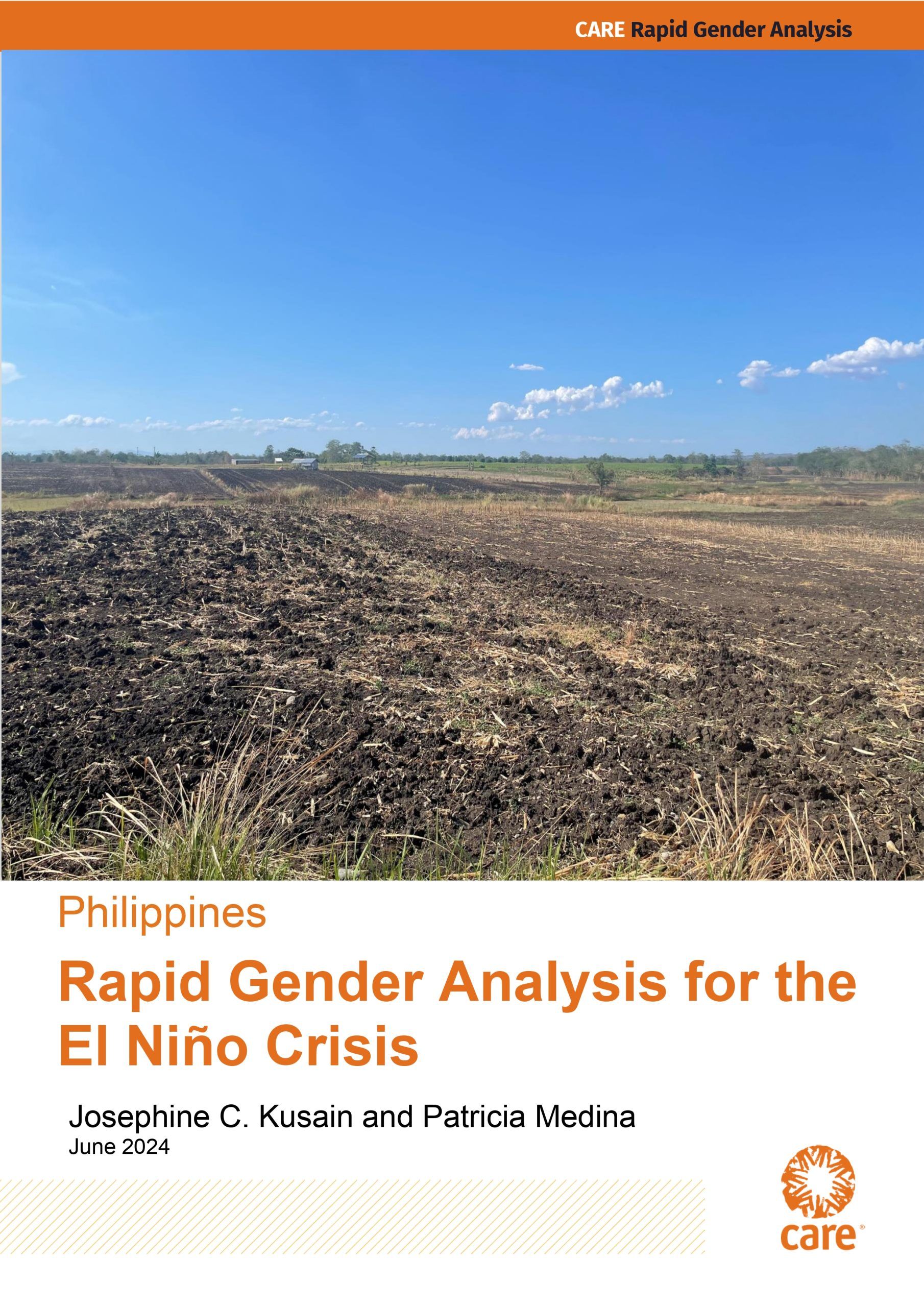Surviving Storms: An Abaca Farmer’s Story
Ledesma Tañon, 59, was born into a family of abaca (Manila hemp) farmers and has been deeply involved in farming for as long as she can remember. Alongside her husband, Noe, a dedicated blacksmith, she raised ten children in their home in Brgy. Buyo, Virac, Catanduanes.
She cultivates abaca, root crops, and vegetables on a four-hectare land, ensuring a steady food supply for her family. The income from abaca farming is a crucial source of support, enabling her to cover the family’s daily needs and finance her children’s education.
On December 16, Typhoon Pepito (Man-yi) made landfall in Catanduanes, devastating her farm by toppling nearly all 250 hills of abaca. She was left with only the suckers, which will require two years to mature before any fiber can be harvested. The typhoon also tore off the roof of their home and brought floodwaters that rose to at least 2 meters high. Most of their belongings were damaged, leaving them with little to salvage.

Photo: Several mature abaca plants were destroyed by the typhoon at Ledesma’s farm.
Despite everything, Ledesma remained steadfast. “Starting over is difficult, but I have to be strong for my children”, she said. She shared that this wasn’t the first time they had faced such devastation. “Our house was flooded to the rooftop when Typhoon Rolly happened in 2020. All our crops were destroyed, too”, she added.
Catanduanes is highly prone to typhoons. As the easternmost province of the Philippines, it directly faces the Pacific Ocean and is often the first to be hit by storms entering the Philippine Area of Responsibility (PAR). Its location makes it a frequent target for powerful typhoons, which bring heavy rain, strong winds, and storm surges, often causing flooding and landslides.
The people of Catanduanes, like Ledesma, depend largely on abaca, a crop resilient to drought but highly vulnerable to typhoon damage. In fact, Typhoon Pepito devastated around 23,000 hectares of abaca plantations on the island, which produces 27% of the Philippines’ total abaca fiber supply.

Photo: The hills turned brown after Typhoon Pepito felled most of the trees and crops in Virac.
In October 2021, CARE Philippines introduced the Women Economic Empowerment (WE Empower) Project in Catanduanes to address the impact of Typhoon Rolly on the abaca-based livelihoods of affected communities. The project focused on empowering women and young abaca farmers by providing capacity-building programs, enhancing access to essential services, and fostering an environment conducive to sustainable economic activities.
Ledesma is one of more than a thousand farmers who participated in the WEE project. She and her fellow farmers organized the Buyo-Dugi-Hicming Farmers Association. They were trained on abaca and root crop by-products, financial management, other relevant business and financial skills, climate-resilient farming techniques, and good agricultural practices. Part of their learning was also on disaster preparedness and climate change adaptation.
When the news forecasted the typhoon’s landfall in Catanduanes, she immediately harvested root crops such as cassava, taro, and sweet potatoes to ensure that they could have something to eat after the deluge.

She also evacuated three sows to a safe location and ensured the processed abaca fibers were stored in a high place to protect them from flooding before leaving for safety. She also brought their meager savings which she used to buy roofing materials and had her sons repair the damage to their home. She also managed to buy some rice though this only lasted a few days.
Through the WEE Project, CARE introduced the aGAP Bangon assistance program, an innovative, market-based emergency relief initiative. The program provides immediate relief packages, including food items and seedlings, to the most vulnerable community members and farmers impacted by natural disasters like Typhoon Pepito.
Ledesma received a 25-kilo sack of rice and vegetable seedlings to supplement the supplies she saved before the typhoon. She plans to use the remaining abaca fiber she saved to weave mats and baskets for sale. Additionally, one of her sows is pregnant, and she intends to sell the piglets to raise funds for restarting her farming activities.
“It’s difficult to start but it gets easier when you have something to start on”, she shared.

